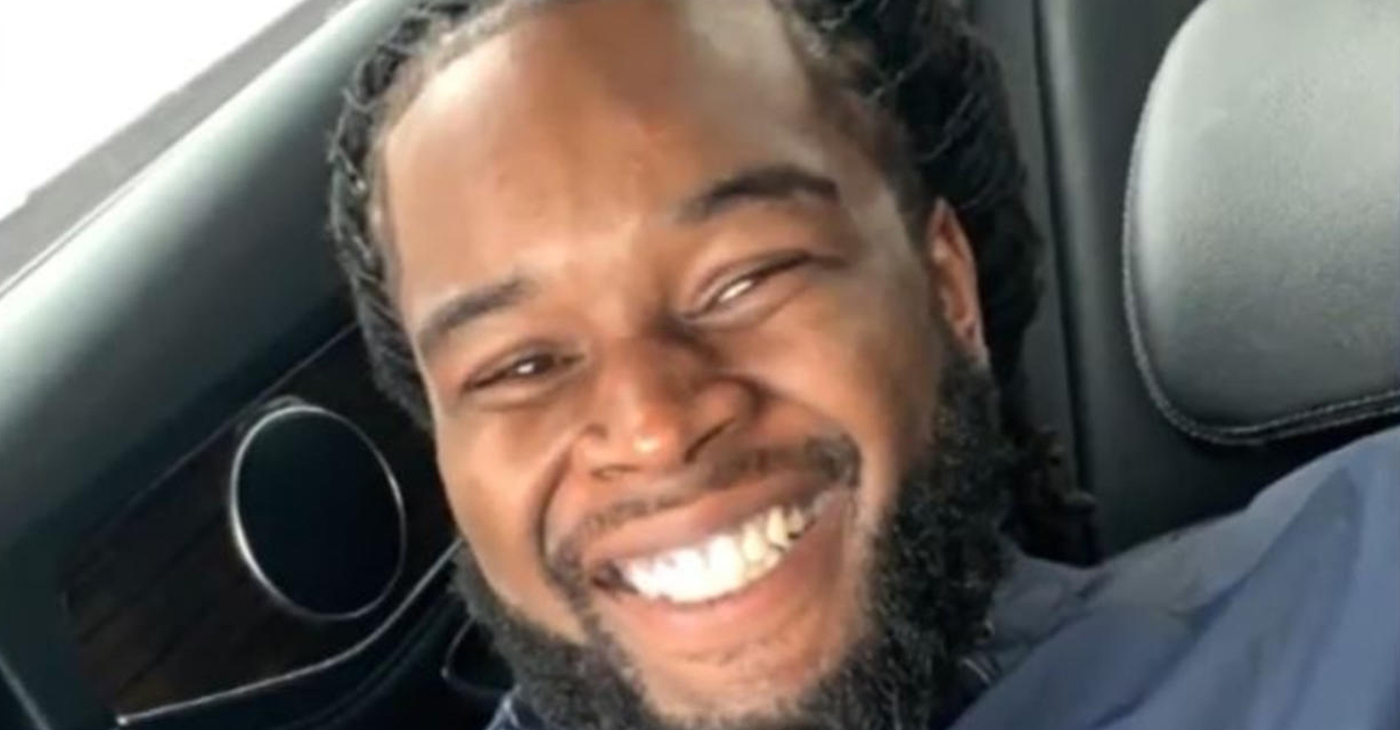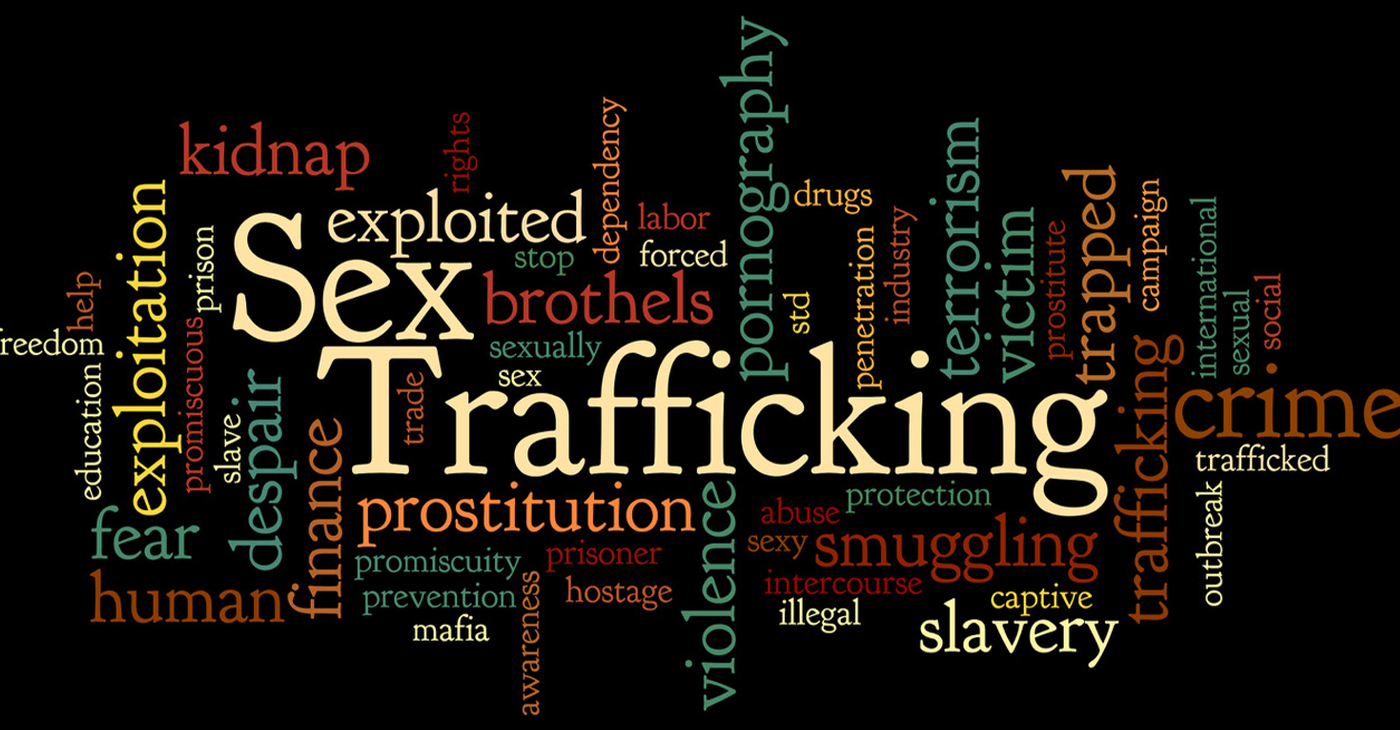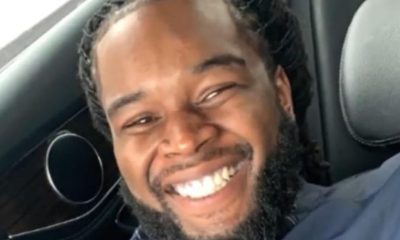Crime
Obama Bans Some Military-style Equipment Provided to Police
By Associated Press
In a surprise announcement coming nine months after police in riot gear dispelled racially charged protests, President Barack Obama is banning the federal government from providing some military-style equipment to local departments and putting stricter controls on other weapons and gear distributed to law enforcement.
The announcement comes after the White House suggested last year that Obama would maintain programs that provide the type of military-style equipment used to respond to demonstrators last summer in Ferguson, Missouri, because of their broader contribution to public safety. But an interagency group found “substantial risk of misusing or overusing” items like tracked armored vehicles, high-powered firearms and camouflage could undermine trust in police.
With scrutiny on police only increasing in the ensuing months after a series of highly publicized deaths of black suspects nationwide, Obama also is unveiling the final report of a task force he created to help build confidence between police and minority communities in particular. The announcements come as Obama is visiting Camden, New Jersey, one of the country’s most violent and poorest cities.
Obama plans to visit Camden police headquarters before heading to a community center to meet with youth and law enforcement and give a speech. “I’ll highlight steps all cities can take to maintain trust between the brave law enforcement officers who put their lives on the line, and the communities they’re sworn to serve and protect,” Obama said in his weekly address out Saturday.
In previewing the president’s trip, the White House said that effective immediately, the federal government will no longer fund or provide armored vehicles that run on a tracked system instead of wheels, weaponized aircraft or vehicles, firearms or ammunition of .50-caliber or higher, grenade launchers, bayonets or camouflage uniforms. The federal government also is exploring ways to recall prohibited equipment already distributed.
In addition, a longer list of equipment the federal government provides will come under tighter control, including wheeled armored vehicles like Humvees, manned aircraft, drones, specialized firearms, explosives, battering rams and riot batons, helmets and shields. Starting in October, police will have to get approval from their city council, mayor or some other local governing body to obtain it, provide a persuasive explanation of why it is needed and have more training and data collection on the use of the equipment.
The issue of police militarization rose to prominence last year after a white police officer in Ferguson fatally shot unarmed black 18-year-old Michael Brown, sparking protests.
Critics questioned why police in full body armor with armored trucks responded to dispel demonstrators, and Obama seemed to sympathize when ordering a review of the programs that provide the equipment.
“There is a big difference between our military and our local law enforcement and we don’t want those lines blurred,” Obama last in August.
But he did not announce a ban in December with the publication of the review, which showed five federal agencies spent $18 billion on programs that provided equipment including 92,442 small arms, 44,275 night-vision devices, 5,235 Humvees, 617 mine-resistant vehicles and 616 aircraft.
At the time, the White House defended the programs as proving to be useful in many cases, such as the response to the Boston Marathon bombing. Instead of repealing the programs, Obama issued an executive order that required federal agencies that run the programs to consult with law enforcement and civil rights and civil liberties organizations to recommend changes that make sure they are accountable and transparent.
That working group said in a report out Monday that it developed the list of newly banned equipment because “the substantial risk of misusing or overusing these items, which are seen as militaristic in nature, could significantly undermine community trust and may encourage tactics and behaviors that are inconsistent with the premise of civilian law enforcement.”
The separate report from the 21st Century Policing task force has a long list of recommendations to improve trust in police, including encouraging more transparency about interactions with the public. The White House said 21 police agencies nationwide, including Camden and nearby Philadelphia, have agreed to start putting out never-before released data on citizen interactions like use of force, stops, citations and officer-involved shootings.
The administration also is launching an online toolkit to encourage the use of body cameras to record police interactions. And the Justice Department is giving $163 million in grants to incentivize police departments to adopt the report’s recommendations.
Bay Area
Justice for Henry Texada
Henry Texada was known as a leader, a role model, godfather, and a friend to all. He enjoyed mentoring younger members of his family and participants at the Boys and Girls Club. He was always giving and present in the lives of others with a kind word or suggestion. Henry used the skills gained at Youth Radio as a digital media photographer to inspire others. He wanted to learn as much as he could to be a supportive person for youth, so he enrolled at Laney College for the fall of 2020 for classes in Early Childhood Development. He was killed when several people exited a 2020 silver Nissan Armada and shot him around 2 p.m. on April 28, 2020, on 68th Avenue in East Oakland.

Family Seeks Justice for Murdered Son on Fourth Anniversary of His Death
Special to The Post
Henry Texada was known as a leader, a role model, godfather, and a friend to all. He enjoyed mentoring younger members of his family and participants at the Boys and Girls Club. He was always giving and present in the lives of others with a kind word or suggestion.
Henry used the skills gained at Youth Radio as a digital media photographer to inspire others. He wanted to learn as much as he could to be a supportive person for youth, so he enrolled at Laney College for the fall of 2020 for classes in Early Childhood Development.
He was killed when several people exited a 2020 silver Nissan Armada and shot him around 2 p.m. on April 28, 2020, on 68th Avenue in East Oakland. Police were able to recover the vehicle, which had been rented in Reno, Nev., but have been unable to solve the case.
Henry’s senseless murder continues to deeply impact his loved ones who are suffering from his loss.
“I hate the phrase passed away or died,” his mother says. “My son, Henry, was very protective of me, and we had a bond that could not be broken. I miss him so much.
“I hate April 28th because I feel Henry should be here, because he had a purpose helping others and working with youth. He was physically strong and had a plan, goals, and dreams. Henry had a smile that would light up the room. He is a wonderful son, brother, and uncle.”
“Instead of imploring you for information and help, I should be telling you about all the things he has achieved and all the people that he touched,” his mother said. “But instead, here I am praying for justice because a person who would take the shirt off his back for others was murdered.
“There is no word to describe this everyday pain for me. I expect him to text me at any moment because his favorite saying was “don’t say bye, say see you later.” It’s four years later and I can’t physically hold him,” his mother comcluded.
The Family Support Advocates join with Henry Texada’s grieving family and loved ones in their pursuit of justice. Anyone in the community with information about Henry’s murder is asked to contact the Homicide Section of the Oakland Police Department at (510) 238-3821 or the TIP LINE at (510) 238-7950. CrimeStoppers of Oakland is offering a reward for an arrest in this case. #JusticeforHenry.
FAMILY SUPPORT ADVOCACY TASK FORCE
The mission of the Family Support Advocacy Task Force, a committee of the Violence Prevention Coalition, is to advocate for local, state and federal policies and legislation to enhance and expand support to families and friends of those who experienced violence; for more compassionate and transparent communication between law enforcement, the district attorney with the family of homicide victims and to push for the elimination of all violence, but particularly gun violence and homicides.
Activism
Calif. Anti-Sex Trafficking Advocates Discuss Competing Bills, Strategies
Advocates from across California are challenging state officials and community leaders to support legislation that provides resources and services for survivors and victims of human trafficking, as well as assistance as they transition back into civil society. Some of those advocates are also calling for more effective state policy to curtail trafficking, a crime that has an outsized impact on Black children, particularly girls.

By Bo Tefu, California Black Media
Advocates from across California are challenging state officials and community leaders to support legislation that provides resources and services for survivors and victims of human trafficking, as well as assistance as they transition back into civil society.
Some of those advocates are also calling for more effective state policy to curtail trafficking, a crime that has an outsized impact on Black children, particularly girls.
According to the FBI, a report covering a two-year period found Black children accounted for 57% of all juvenile arrests for prostitution. In addition, 40% of sex trafficking victims were Black and 60% of those victims had been enrolled in the foster care system.
“It is time to hold the perpetrators who take advantage of our children accountable,” said the Rev. Shane Harris, a San Diego-based activist, former foster youth and founder of the Peoples Association of Justice Advocates, (PAJA), a national civil rights organization and policy think tank.
“It is time to send a thorough message that if you seek to buy a child for sex, you will pay the highest criminal penalties in this state,” added Harris who was speaking at a rally at the State Capitol earlier this month. Harris was speaking in support of Senate Bill 1414, authored by Sen. Shannon Grove (D-Bakersfield), which calls for people who buy sex from minors to be punished with a felony. The punishment includes a two-year prison sentence and a $25,000 fine.
Harris said the PAJA is the only civil rights organization in the state that supports SB 1414.
Harris urged other Black-led groups who favor anti-trafficking legislation more focused on criminal justice reforms (as opposed to stiffer penalties), to “join the movement.”
Many of those civil rights groups fear that SB 1414 could lead to the incarceration of more Black youth.
Those sentiments were echoed in a panel discussion organized by Black women advocates on April 26 to examine the cause and effects of human trafficking in California’s Black communities. The virtual event was hosted by the Forgotten Children, Inc, a faith-based nonprofit that advocates for survivors and victims of human trafficking through anti-trafficking campaigns and initiatives.
Panelists shared the psychological impact of sexual exploitation on youth and children in the long term.
Author and educator Dr. Stephany Powell shared statistics and information revealing that African American women and girls are the most trafficked nationwide.
Powell, who serves as the senior advisor on law enforcement and policy at the National Center on Sexual Exploitation said that national data indicates that sex trade survivors are disproportionately women of color. She stated that male survivors often go unnoticed because boys rarely report trafficked crimes.
Powell said that decriminalizing prostitution in California could increase human trafficking. She argued that Senate Bill 357, authored by Sen. Scott Wiener (D-San Francisco), which was signed into law in 2022 and legalized loitering for prostitution, caused a surge in street-level prostitution.
Panelist and psychologist Dr. Gloria Morrow shared opposing views on decriminalizing prostitution. She said that decriminalizing prostitution could help survivors gain access to state resources and support.
Despite opposing views, Powell and Morrow agree that the Black community needs resources and educational programs to address human trafficking.
Activism
Oakland Post: Week of May 1 – 7, 2024
The printed Weekly Edition of the Oakland Post: Week of May 1 – 7, 2024

To enlarge your view of this issue, use the slider, magnifying glass icon or full page icon in the lower right corner of the browser window. ![]()
-

 Community3 weeks ago
Community3 weeks agoFinancial Assistance Bill for Descendants of Enslaved Persons to Help Them Purchase, Own, or Maintain a Home
-

 Business3 weeks ago
Business3 weeks agoV.P. Kamala Harris: Americans With Criminal Records Will Soon Be Eligible for SBA Loans
-

 Activism4 weeks ago
Activism4 weeks agoOakland Post: Week of April 10 – 16, 2024
-

 Community3 weeks ago
Community3 weeks agoAG Bonta Says Oakland School Leaders Should Comply with State Laws to Avoid ‘Disparate Harm’ When Closing or Merging Schools
-

 Activism2 weeks ago
Activism2 weeks agoOakland Post: Week of April 24 – 30, 2024
-

 City Government4 days ago
City Government4 days agoCourt Throws Out Law That Allowed Californians to Build Duplexes, Triplexes and RDUs on Their Properties
-

 Community2 weeks ago
Community2 weeks agoRichmond Nonprofit Helps Ex-Felons Get Back on Their Feet
-

 Community2 weeks ago
Community2 weeks agoOakland WNBA Player to be Inducted Into Hall of Fame





















































